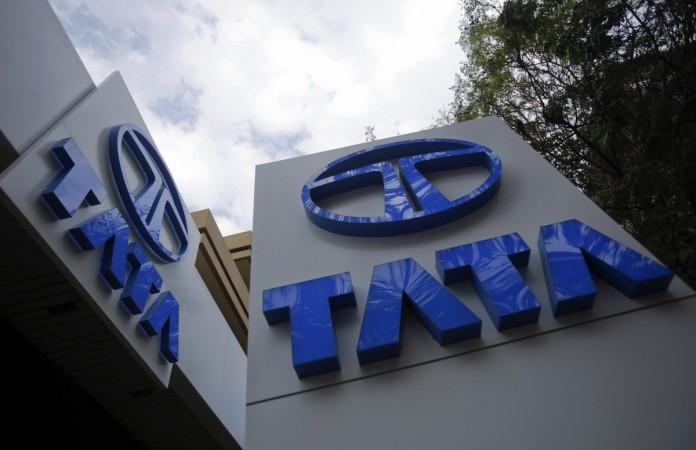The automobile sector in the country is facing the worst of times, with different estimates suggesting that around 2.3 lakh to 3.5 lakh workforce has been slashed across companies. The future, too, looks bleak as recruiting firms have warned of further job cuts of around 5 lakh.
But contrary to the general trend, Tata Motors is not planning to cut the headcounts as the company expects a turnaround in the next few months. At the present level, Tata Motors employs about 83,000 persons with presence across commercial and passenger vehicles, as per the data available on the company's official website.

Tata Motors Chief Executive Officer and Managing Director Guenter Butschek have said that the auto firm is not planning any job cuts. "We do not have such kind of plan," he said. He further added that the company would have already taken the harsh step had there been any such plan. "We are now for 12 months in crisis. If I would have liked to pull the trigger, I would have done it earlier," Butschek argued.

As per a PTI report, the company has lined up new products, including Altroz, Nexon EV and Gravitas SUV, that are expected to be launched in a few months. Besides, the company is also under transition to BS-VI emission norms.
"I am convinced that whatever the economy is going to do, we are well-positioned in order to outperform the market...since the entire product range is set on a different cost base, our baseline profitability is significantly better than any given point of time before. So, I am pretty positive at this time," Butschek said.
The company will continue to focus on the commercial vehicle (CV) segment, which is the bread and butter of the auto firm to beat the current slowdown.
After growing in double-digit for the most part of last and till the mid part of the running decade, the Indian Auto sector is struggling to keep up with the sales for the last 2 years. Multiple reasons have been attributed to the slowdown, which includes demonetization, increase in the mandatory insurance price, high GST on the auto components. With pressure from the government for the transition to Electric vehicles, the auto sector has been demanding some relief as the industry has already invested billions in the transition to BS-VI emission norms.

















